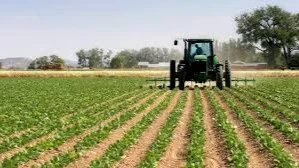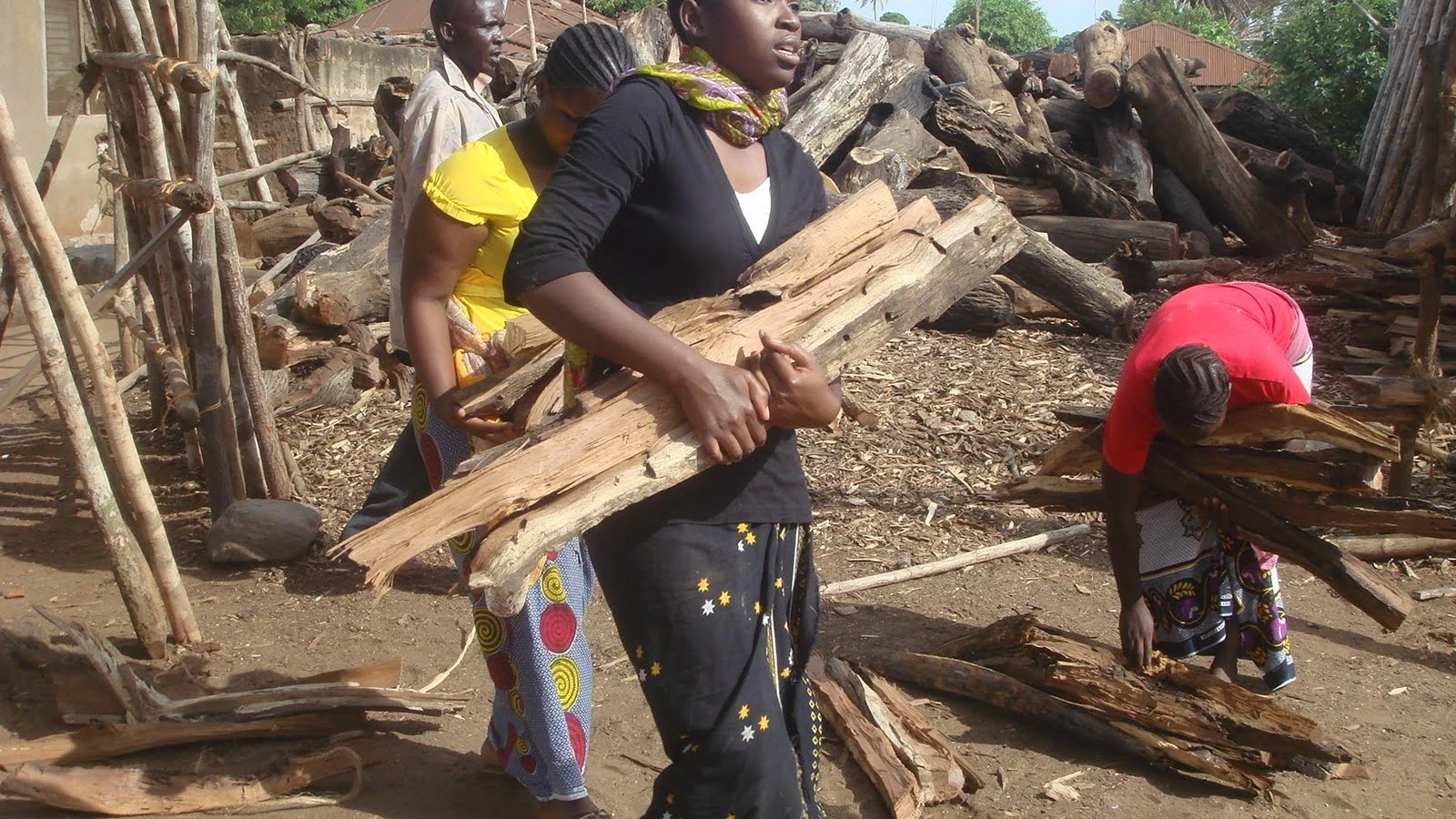SADC chaos with triple agro-sector trade dispute

WITH confirmation that the government has imposed a ban on the import and export of agricultural products to and from Malawi and South Africa, there is incipient chaos in the Southern Africa Development Community (SADC) analysts believe.
The worrying arises from banning measures imposed in response to what the government says is discriminatory trade practices by the two countries, who set out a covering restriction on agro-sector imports to hold back outflows of foreign exchange.
Hussein Bashe, the sector minister, announced the decision on Wednesday, after a seven day ultimatum issued last week expired and little had changed in the move by both nations to block Tanzanian agricultural goods—particularly bananas—from entering their markets.
The minister said that the government had given Malawi and South Africa a seven-day window to lift the restrictions, but received no response. “As these nations failed to act within the given timeframe, we have officially suspended all agricultural trade with them,” he said at a media briefing in the capital.
The trade spat has sparked debate among economists and agricultural sector stakeholders, who warn of possible economic consequences for local farmers and traders. Wishing to waive aside the diplomatic standoff, experts are urging the government to implement mitigation strategies to cushion the impact on the local agriculture sector.
Dr. Lutengano Mwinuka, an agricultural economist at the University of Dodoma (UDOM), described the ban as unavoidable in the circumstances, posing the issue of whether it can have strategic opportunities for Tanzania.
“This is a chance for us to enhance value addition to our crops and attract investors to process and market our agricultural products,” he said.
He urged the National Food Reserve Agency (NFRA) to play a proactive role in stabilizing the market by purchasing crops directly from farmers, identifying alternative international markets and formalizing trade partnerships for reliability of agricultural commerce.
Short-term disruptions apart, the move could encourage consumers to shift to local alternatives and ultimately strengthen domestic agriculture, he said, asserting that South Africa has been enjoying unrestricted access to our markets while the same wasn’t the case for Tanzanian products.
“This move levels the playing field,” he stated, in the wake of a controversy that escalated at mid-month after several shipments of Tanzanian bananas were turned away at borders in Malawi and South Africa.
This triggered an outcry from affected exporters and traders, while the reciprocal ban move has taken effect on the ground, with enforcement of restrictions having already begun.
In Kyela District, which borders Malawi at the Kasumulu crossing, District Commissioner Josephine Manase confirmed that directives from the Agriculture ministry were being carried out. However, she declined to comment on the broader implications of the move.
Top Headlines
© 2025 IPPMEDIA.COM. ALL RIGHTS RESERVED






















